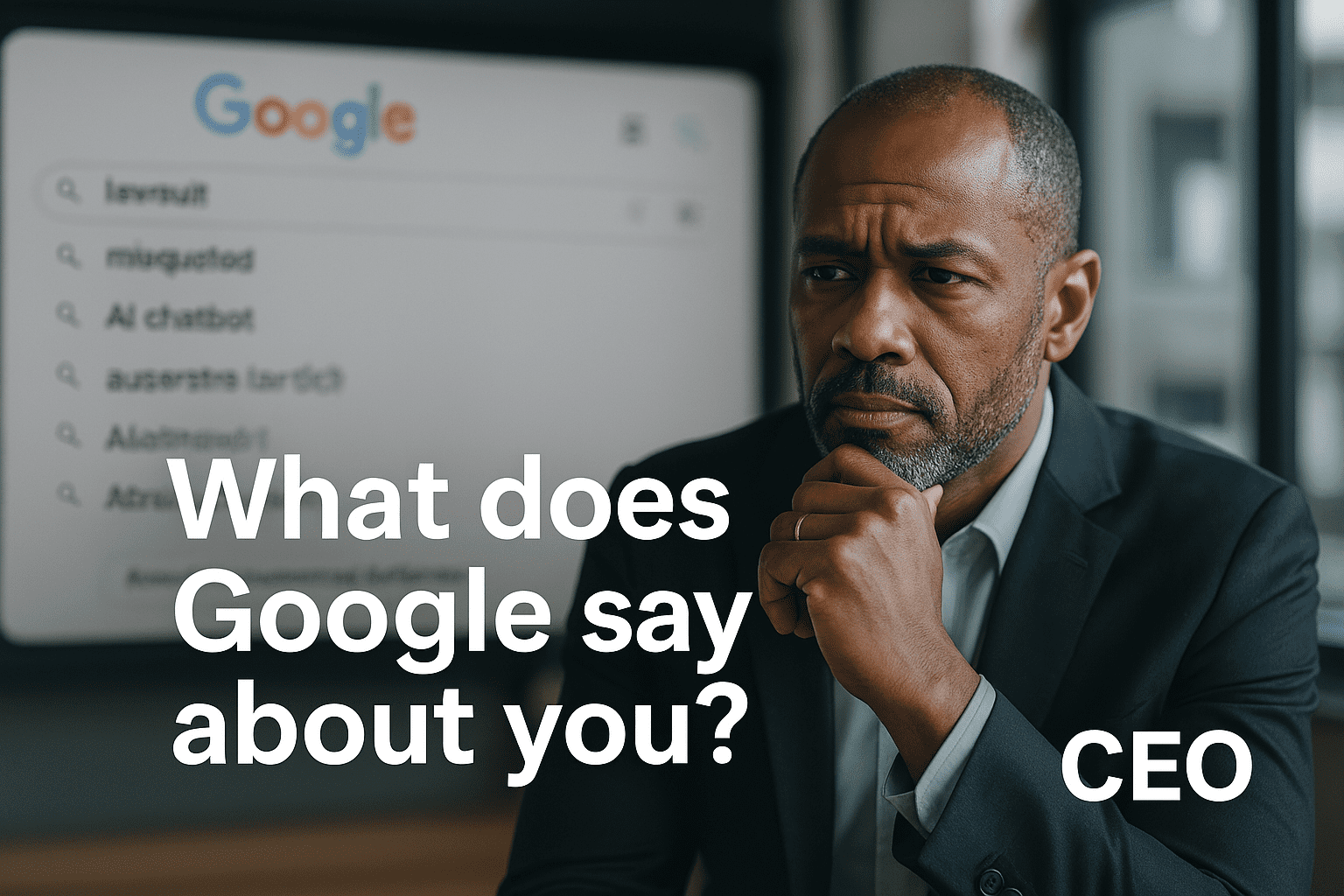Last Updated on April 3, 2025 by Steven W. Giovinco
Let’s Talk About the New Visa Reality
If you’re a student—or the parent of one—looking at colleges in the U.S., you’re probably already juggling a million things: applications, tuition, housing, culture shock. But as very recently, there’s something way bigger and way more personal now on the table: your online reputation.
Thanks to a new order from U.S. Secretary of State Marco Rubio, U.S. diplomats are now required to comb through the social media accounts of certain student visa applicants. If you’ve posted anything that could be seen as “anti-American” or “critical of Israel,” you might be flagged, delayed, or denied a visa altogether—even if you’re already studying here.
Let that sink in: a post, a tweet, a caption, even a retweet from years ago could jeopardize your academic (and more) future. And it’s not just about applying for a visa—students who already have visas are now being deported for their past posts. This isn’t hypothetical; it’s happening now and requires online reputation management awareness.
How Did We Get Here?
The Trump administration’s new policy is using AI and federal scrutiny to surveil international students online. The stated goal is to detect “hostile attitudes” through social media activity. In practice, this means:
- Student protesters are being deported and detained.
- Green cards are being revoked.
- Visa applications are being denied based on speech that was once protected.
- AI tools are scanning social media accounts for content considered “un-American” or “destabilizing.”
Basically, your feed isn’t just personal anymore—it’s evidence. If this happens, the student’s–and family’s–reputation can cause long-lasting online reputation damage.
What Can You Do About It?
Here’s how families are beginning to respond—and how professional help can make a difference.
1. Clean Up Your Online Footprint
Audit and optimize your social media presence, ensuring that posts from the past (and present) don’t put your future at risk. That includes removing or replacing content that could trigger red flags during visa evaluations.
2. Correct AI Misinterpretations
AI isn’t perfect. Sometimes it mislabels sarcasm, humor, or activism as threats. If an AI system flags your content unfairly, work to correct those interpretations and provide the context necessary to restore your standing. This is part of a developing field of GenAI Reputation Management.
3. Suppress Negative AI Content
If there’s misinformation or damaging AI-generated content about you online—deepfakes, out-of-context quotes, or biased summaries—try to suppress it using ethical and strategic content and social media posting.
4. Build a Positive Online Presence
The best defense is a strong offense. Students should always build professional, academic, and positive web identities—on platforms like LinkedIn, Medium, and even AI platforms like ChatGPT. This shows visa officials and professionals that you’re serious, smart, and safe.
5. Create Custom Tools for Long-Term Safety
Continue and monitor results constantly, from search results to AI summaries to social media algorithms.
This isn’t just political—it’s personal and practical.
This is about protecting your dreams—whether that’s going to MIT, joining a research program at Stanford, or just experiencing life abroad.
You shouldn’t have to choose between expressing your beliefs and pursuing your education. But in this new AI-driven world, you need to be smart about both.
Parents: If your kid has a shot at studying in the U.S., don’t let an old Instagram caption ruin it.
Students: If you’re already here, don’t assume you’re safe. Keep your online life in check.
Get Ahead of the Problem
If you’re concerned, it’s smart to get ahead of it. Recover Reputation offers one-on-one consultations and custom packages for students and families—especially those navigating the tricky intersection of immigration, AI, and academic opportunity.
Your future is worth protecting.
We’ll help you stay visible for the right reasons.
Related posts:
- Buying Fake Followers has Become the Emperor’s New Clothes: Ways Your Reputation Can be Hurt by Working With the Wrong Firm, and 5 Ways to Spot Problems Before They Start
- How to Use Online Reputation Management to Gain and Retain Clients
- Decoding AI for Online Reputation Management: A Brief Guide to Doing Better
- Get to the Point: What CEOs Need to Know About Online Reputation Management in 2024




